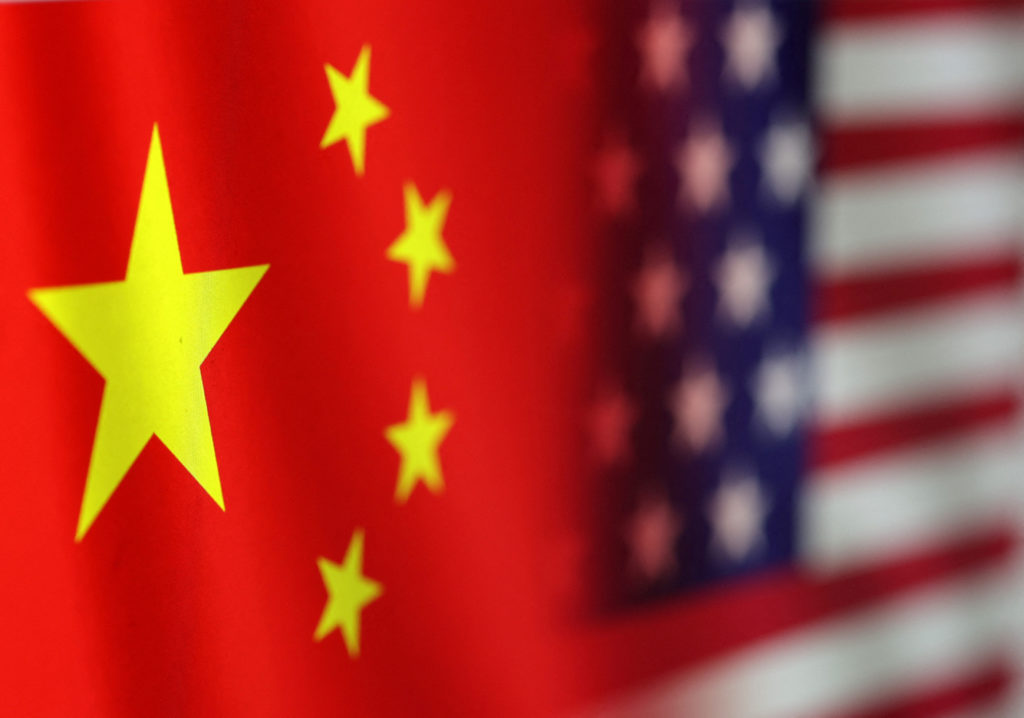

Many American politicians are increasingly playing up the “China threat”.
They claim that China poses a “threat” to the US in the field of security, science, technology, business and more.
This week, the United States has threatened to ban the popular app TikTok, claiming it is a threat to national security and that it engages in data mining.
Is one to understand that the great United States does not conduct espionage and never tracks digital devices in order to safeguard its national security? Of course!
The notion that China poses a threat to the world and should be isolated with its companies and technologies banned contradicts the very principles of American capitalism and the free market.
Can Apple, Microsoft, Meta not all be used to gather information on citizens? Why only Chinese companies? Shouldn’t a ban be placed on these great companies because of their ability to manipulate data which also poses a threat to national security? What’s good for the goose is good for the gander as they say.

Why doesn’t the US Government abide by the Berman Amendment to the International Emergency Economic Powers Act (IEEPA) that prohibits it from restricting the free flow of “informational materials” to and from foreign countries? Does the Berman Amendment specifically protect electronic information?
Shouldn’t posting on TikTok be protected by the First Amendment?
What Jenna Leventoff, Senior Policy Counsel at the American Civil Liberties Union (ACLU) had to say should be further considered.
Responding to plans to ban TikTok, she said: “Congress must not censor entire platforms and strip Americans of their constitutional rights to freedom of speech and expression. Whether we are discussing the news of the day, live streaming protests or even watching cat videos, we have a right to use TikTok and other platforms to exchange our thoughts, ideas and opinions with people around the country and around the world.”
The reason why they keep hyping up the “China threat” is mainly because they cling to the concept of hegemony and are deeply anxious about their country’s decline. The US is committed to a zero-sum mentality and will not tolerate any country catching up with it.

The China-bashing politicians cannot tolerate China’s continued development and will do everything possible to contain China’s development, including creating the “China threat” theory.
As a matter of fact, it is the US that poses a threat to world peace and development and to the legitimate development rights and interests of other countries.
Repeated military actions, instigated and funded by the US, have caused untold civilian casualties, provoked geopolitical conflicts everywhere and caused instability worldwide since the end of World War II.
For many years, the hegemonic practices of the US have jeopardised world peace and development, and the world has suffered from them for too long.
As for China, it is the US that has been threatening China’s sovereignty and territorial integrity by continuously interfering in its internal affairs, be it in Taiwan, Xinjiang, Hong Kong or Tibet.
The US’ crying “China threat” is no less than a thief crying “stop thief”.
Peddling the “China threat” theory also helps some US politicians to divert domestic attention from some intractable problems in the US, such as the dysfunctional political system, economic imbalance and social disorder, rampant gun violence, widening income gap and deepening racial contradictions, which they have neither the intention nor the ability to solve.
Scapegoating China is not only easy and effective for the aforementioned purposes but also lucrative for some interest groups. For instance, it provides the US government an excuse to increase military spending and win more orders for its military industry.
However, hyping up the “China threat” will not rid the US of its problems; instead, it will only aggravate them.

The US should adopt an objective and rational understanding of China, pursue a positive and pragmatic policy toward China and replace confrontation with cooperation.
—Quo Nan is a freelance writer on Chinese affairs and international relations. He is attending the First Session of the 14th National People’s Congress at the Great Hall of the People in Beijing.







Comments